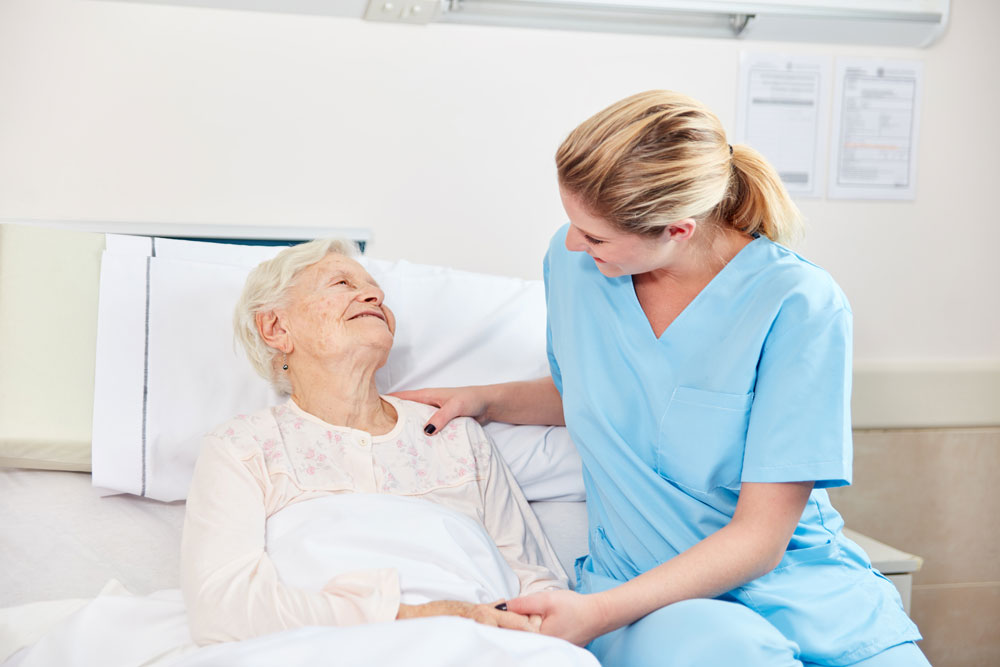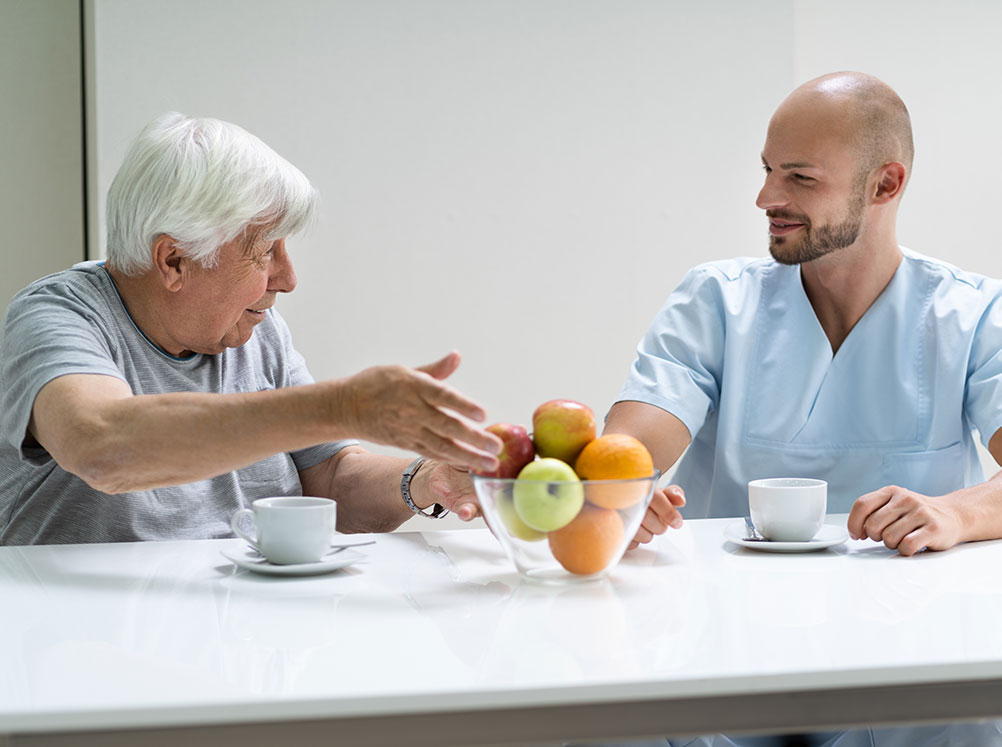Harmful use in nursing homes - How to manage risks and documentation according to regulations
This article is translated with AI and written based on Swedish conditions. Hopefully, it can inspire interested parties from other countries.
Managing harmful use requires structured documentation, clear medical reporting, and individual solutions. By working systematically, risks can be minimized and security increased.
Handling Harmful Use of Alcohol and Drugs in Elderly Homes
An increasing challenge in elderly care
Harmful use of alcohol and drugs among the elderly is an often overlooked but growing issue. Many residents have a long history of abuse, while others develop risk behaviors in connection with loneliness or mental health issues. Handling these situations requires knowledge, compassion, and clear procedures.
Why is it particularly challenging?
Late onset abuse
- Retirement or loss of loved ones can trigger new use
- Harder to detect as symptoms resemble dementia
Interaction with medication
- Alcohol can exacerbate the side effects of common medications
- Risk of dangerous combinations with painkillers
Stigma and underreporting
- Many elderly people are ashamed and hide their use
- Staff may be unaccustomed to addressing the problem
How elderly homes can work preventively
Early identification and assessment
The nurse's role
- Testing at intake with validated tools
- Document suspected use in the journal
The doctor's responsibility
- Medical assessment in case of suspicion of harmful use
- Adjust medication at demonstrated risk
Individualized measures
For residents with active addiction
- Include addiction competence in care planning
- Regular doctor checks for medication monitoring
Documentation of deviations
- Always write deviation report at risk behaviors
- Include information about drug interactions
When the crisis arises - procedures to follow
Acute effect or withdrawal
- Immediate doctor contact for serious symptoms
- Clear documentation in the journal and deviation register
Informant obligation
- Serious events must be reported to both doctors and relatives
- Clearly describe what risks have been identified
Reflection Questions - Addiction Problems
Care staff
- How can you become better at detecting early signs?
- Which conversation techniques work best to get through?
Manager, nurse, occupational therapist, and physiotherapist
- Are there sufficient procedures for doctor information?
- How do you ensure follow-up of deviations?
Residents and relatives
- What information do you need about your rights?
- How can you support without taking over responsibility?
Erland Olsson
Specialist nurse
Sofrosyne - Better care every day

Aktuellt i media
- 2025-09-01 04:00 09 Mat och måltid
-
2025-08-29 04:00
04 Bemötande
Working with participation is an obvious quality factor in all care for fellow human beings.
info Foto: Mostphotos
Foto: Mostphotos - 2025-08-25 04:00 14 Läkemedelshantering
-
2025-08-21 04:00
06 Dokumentation
With a good implementation plan, the chances increase for our care to be good!
info Foto: Mostphotos
Foto: Mostphotos - 2025-08-18 04:00 16 Sjukdom och död
- 2025-06-26 04:00 04 Bemötande





